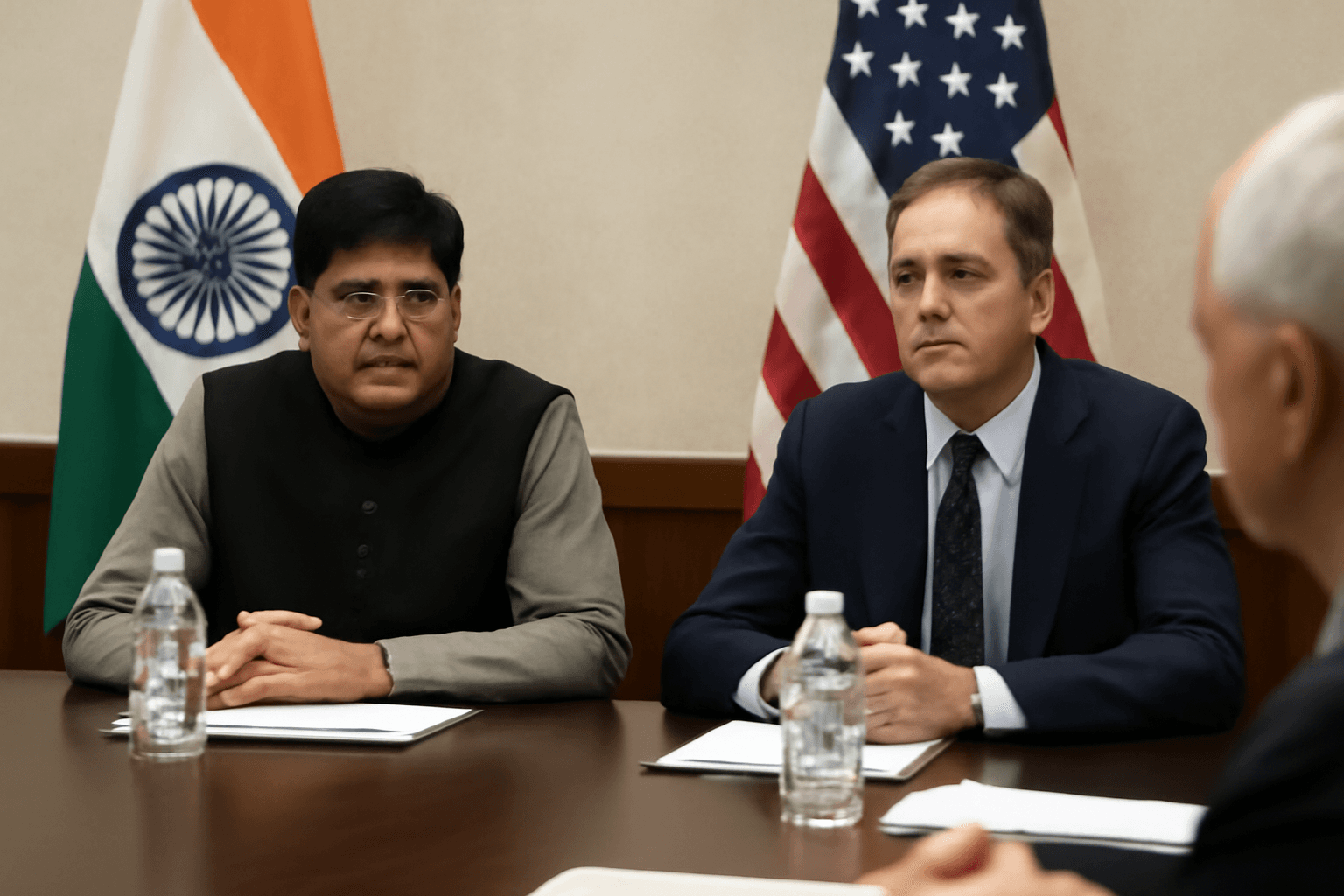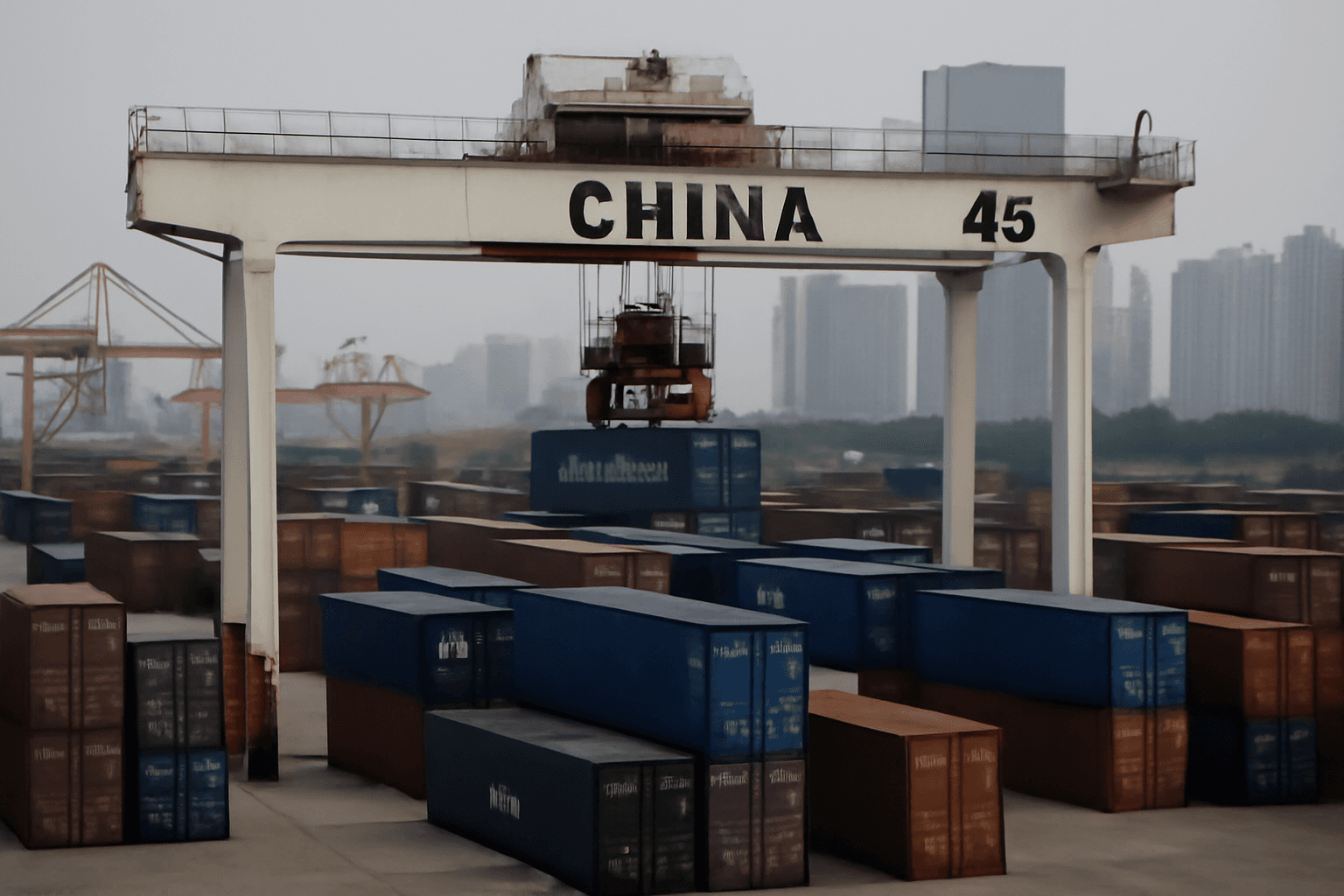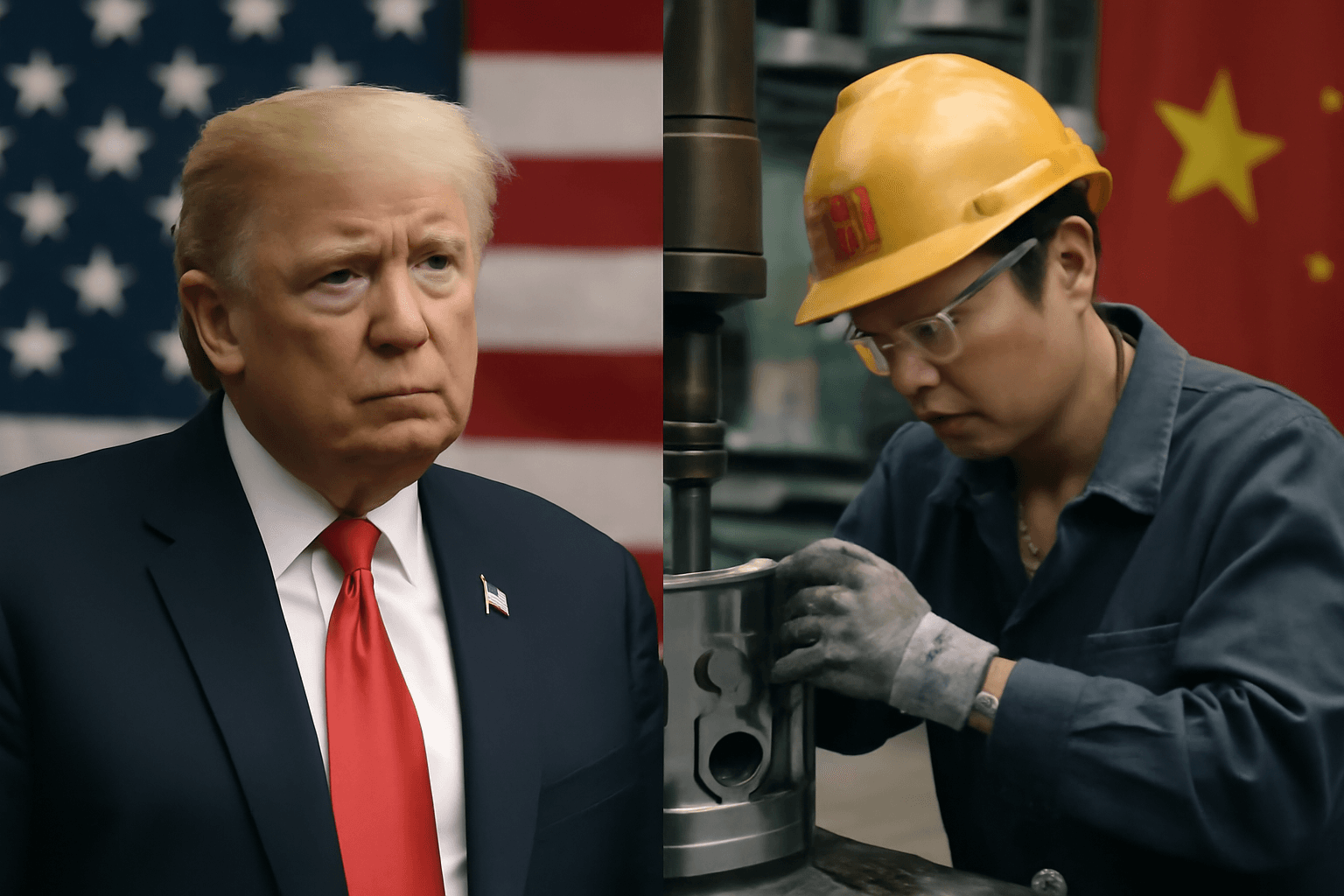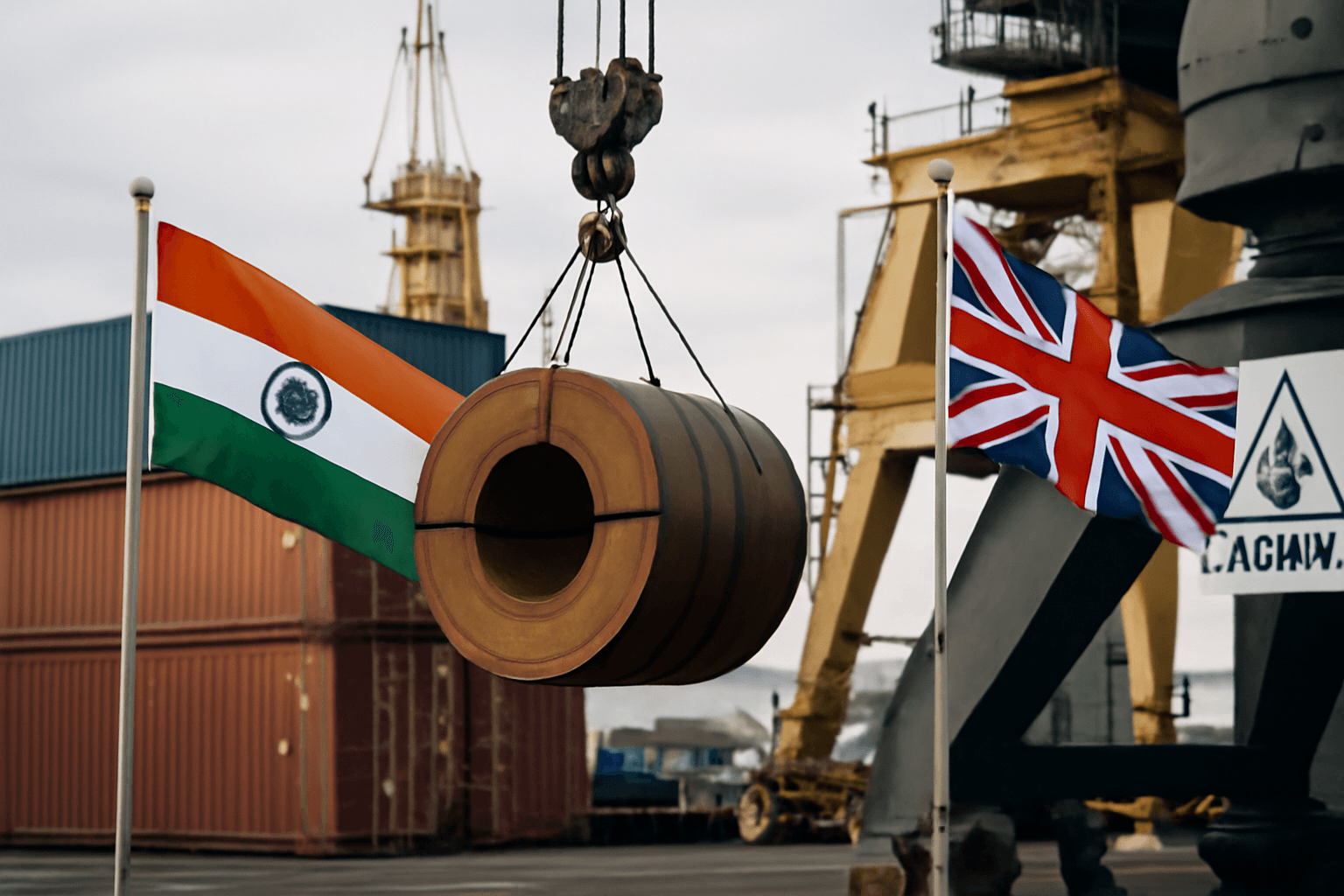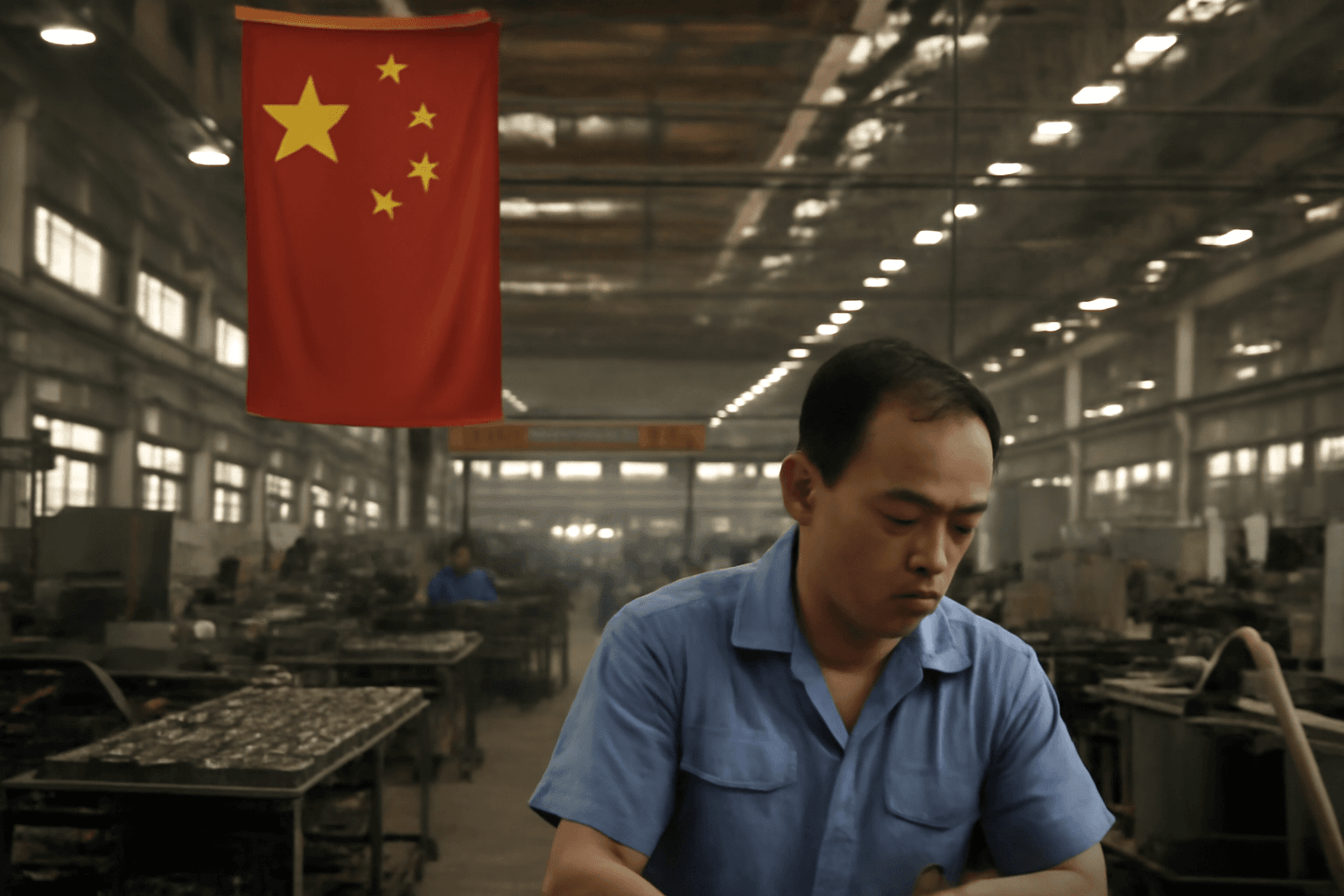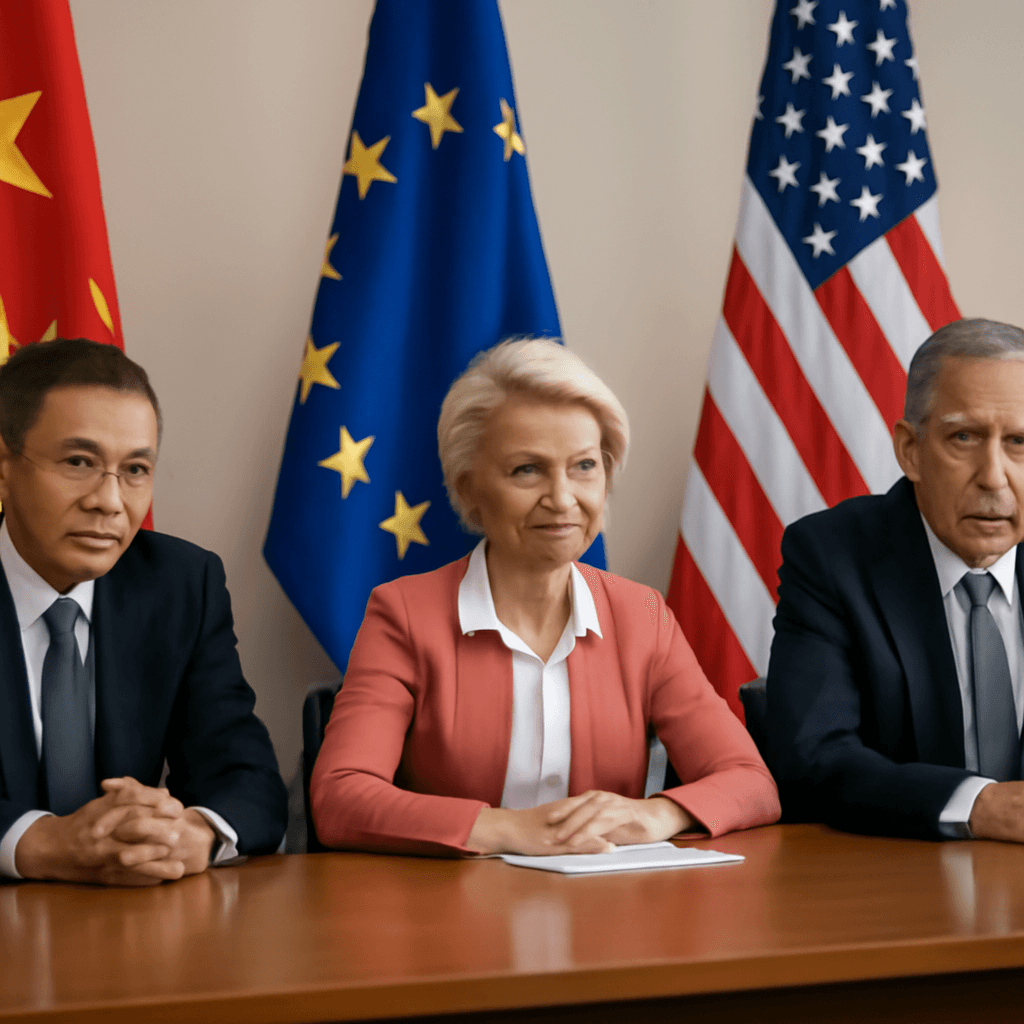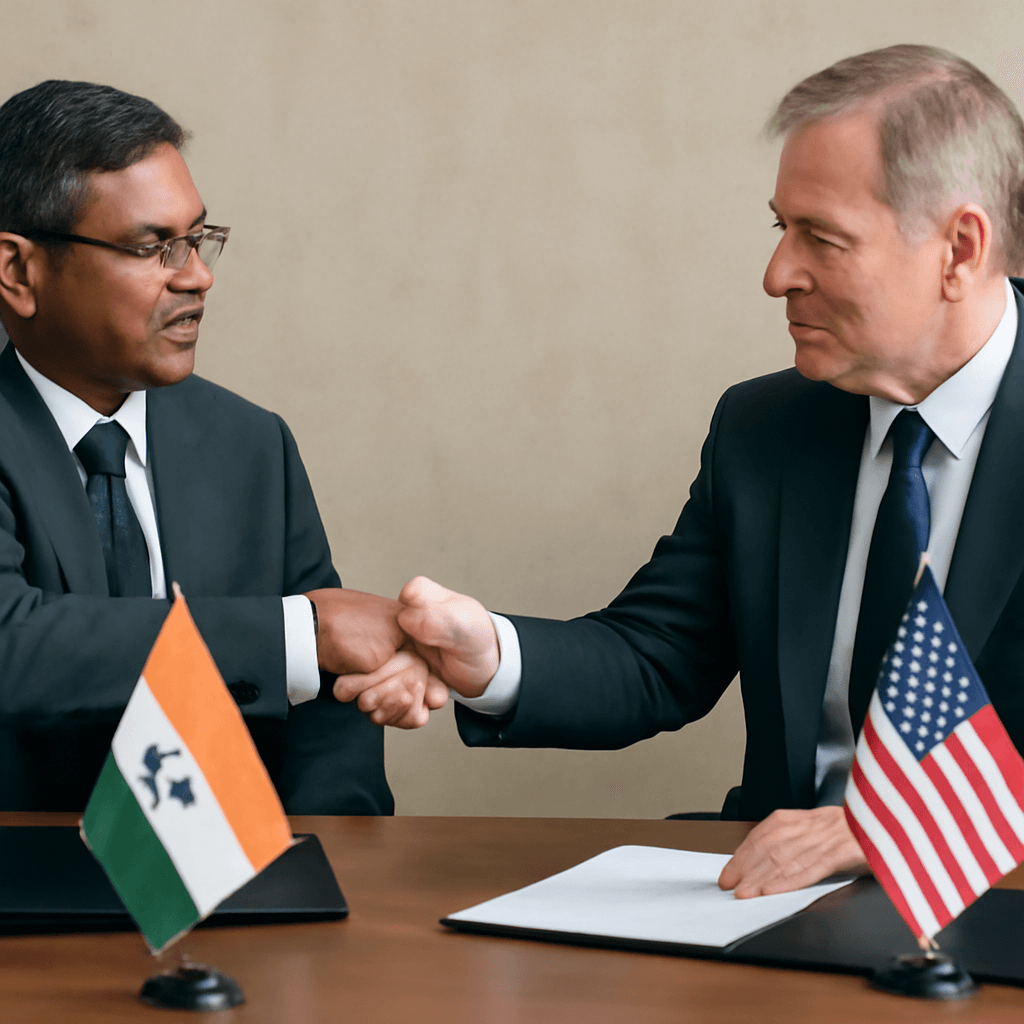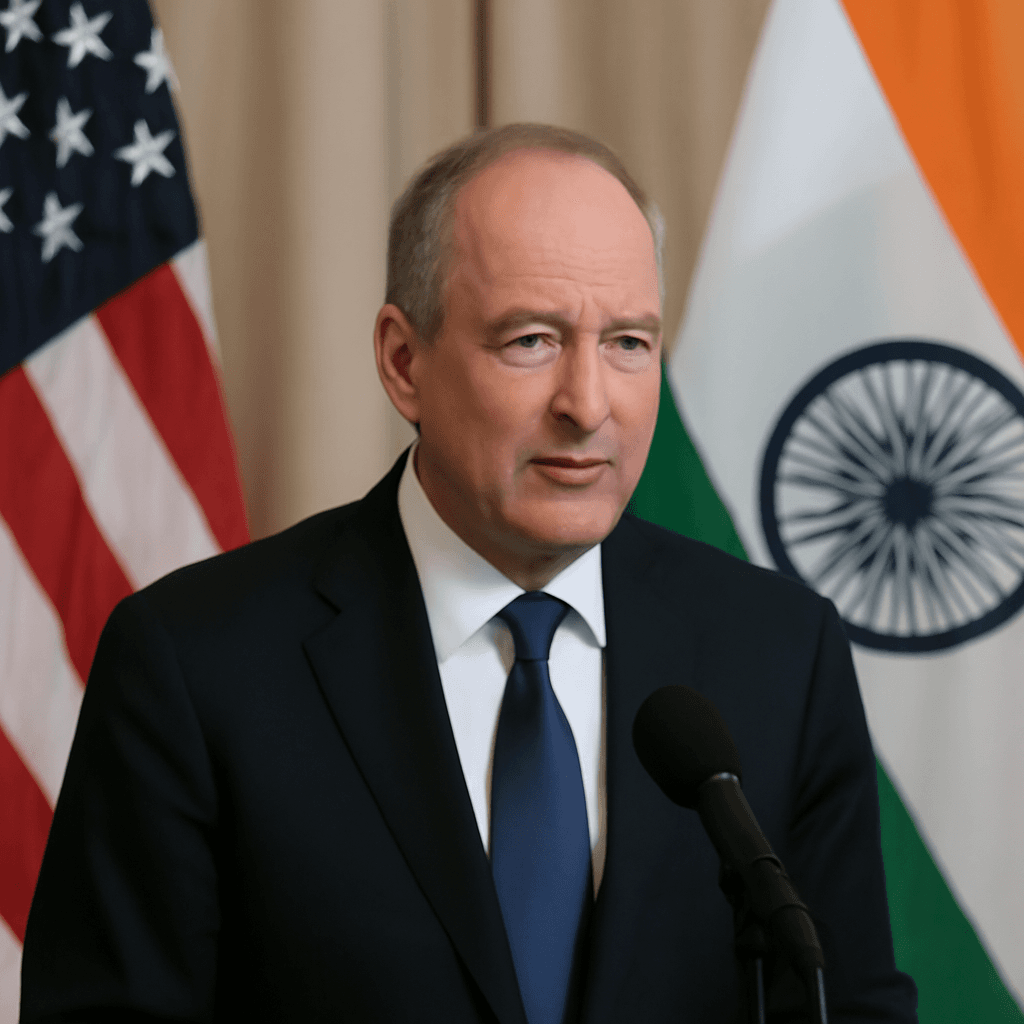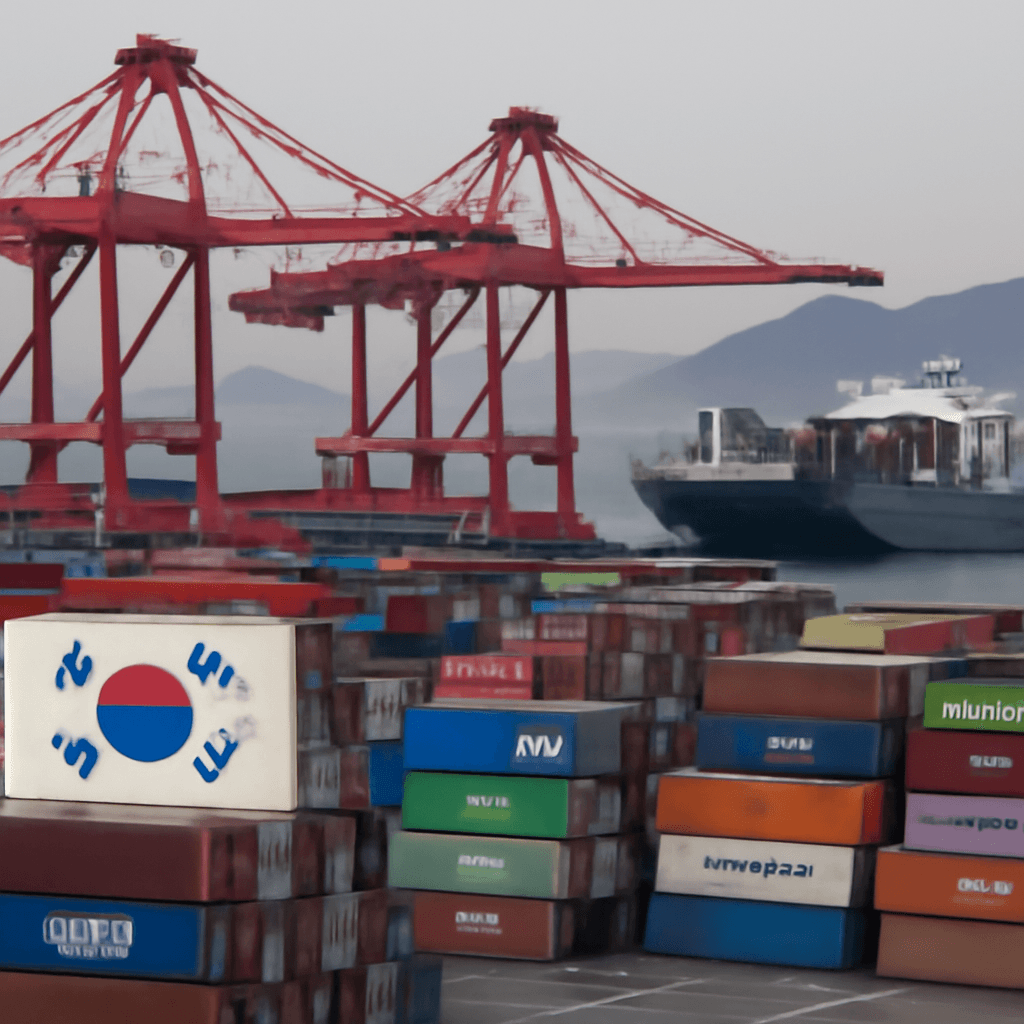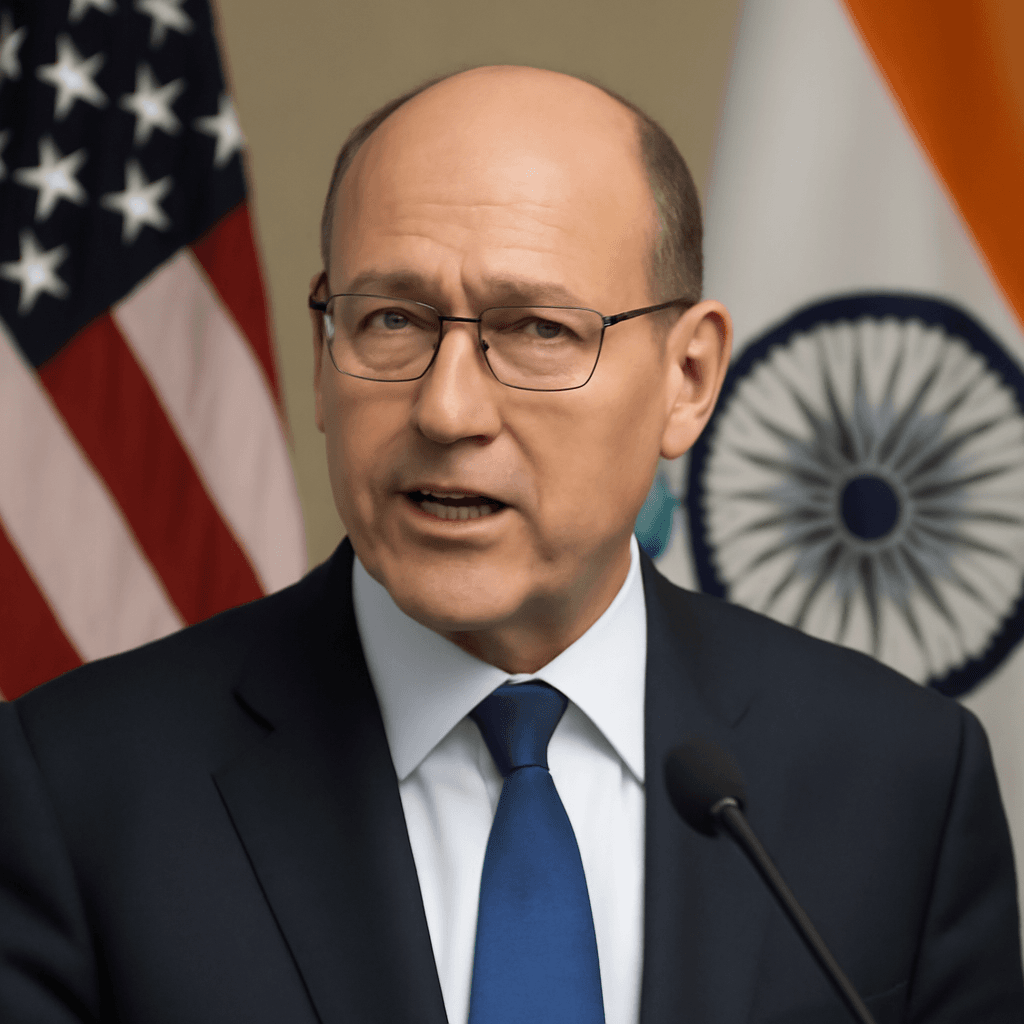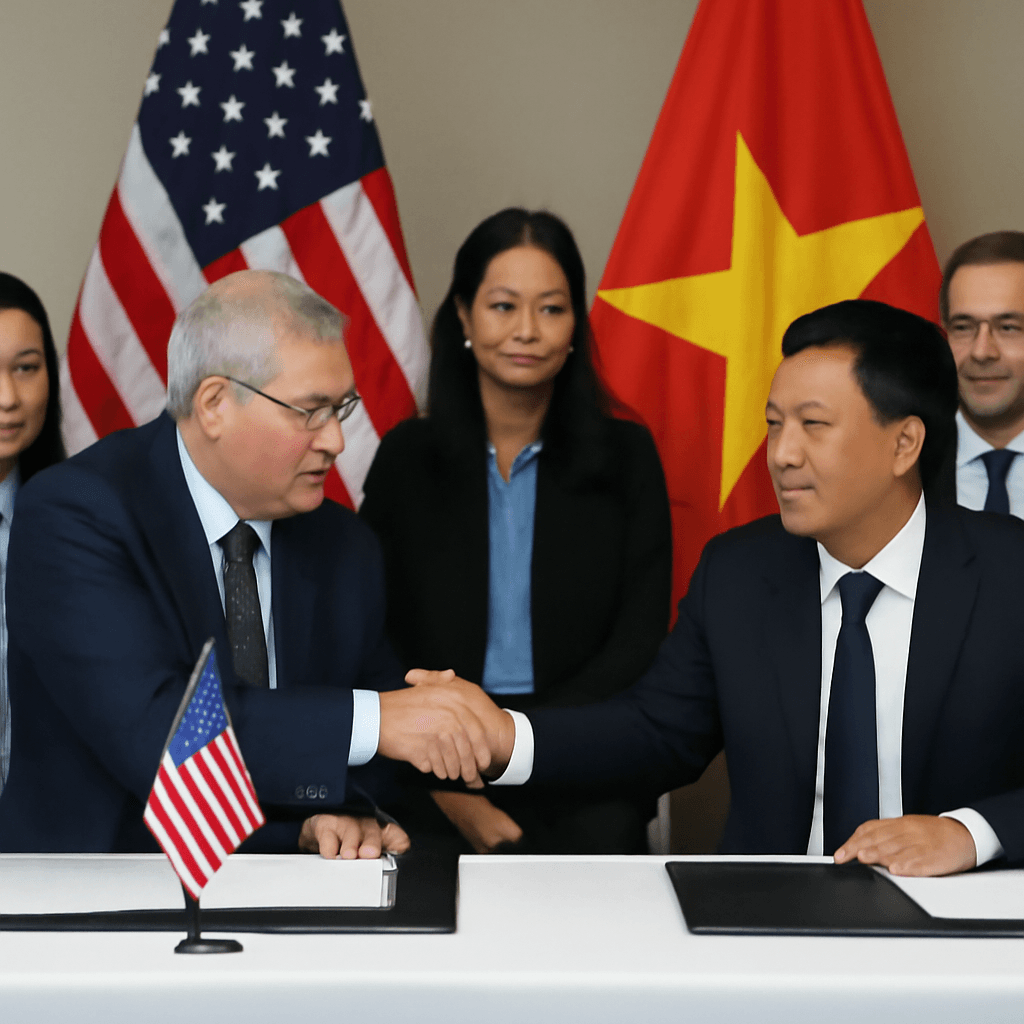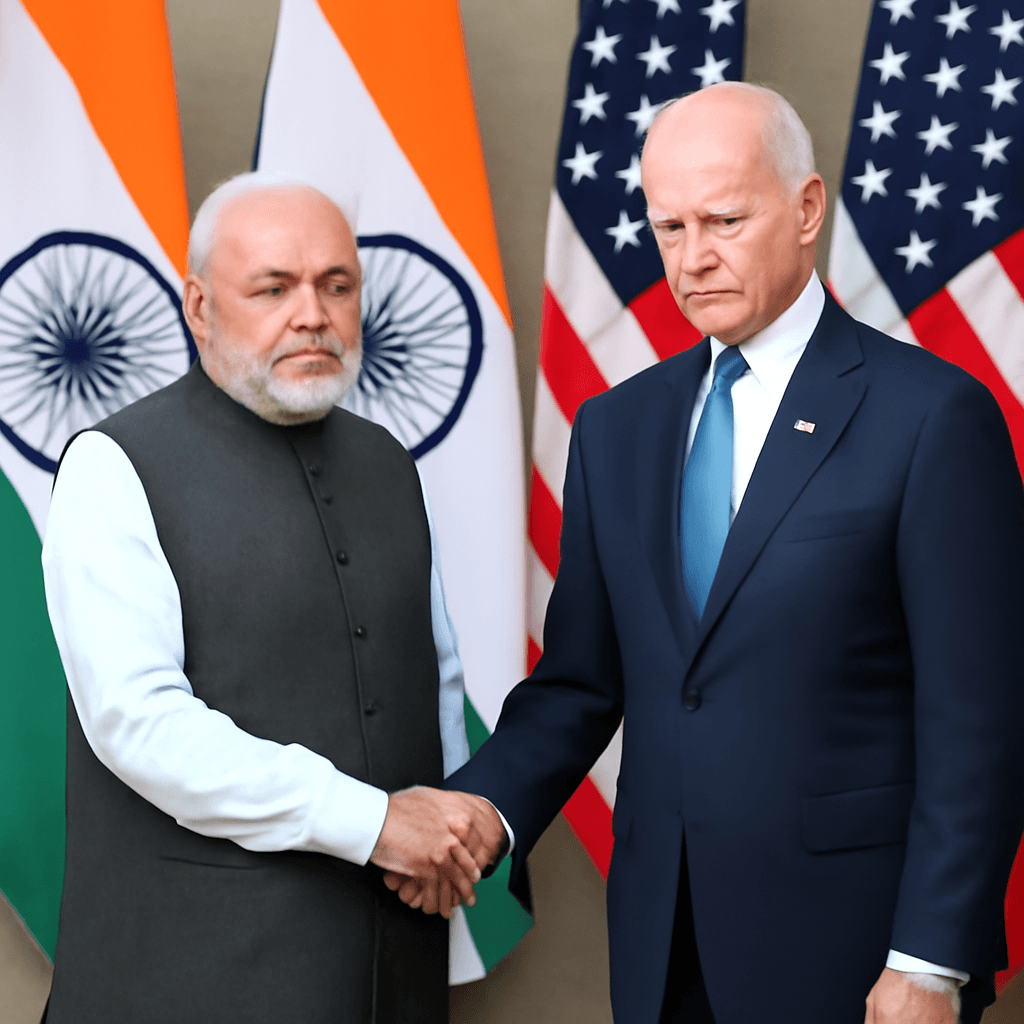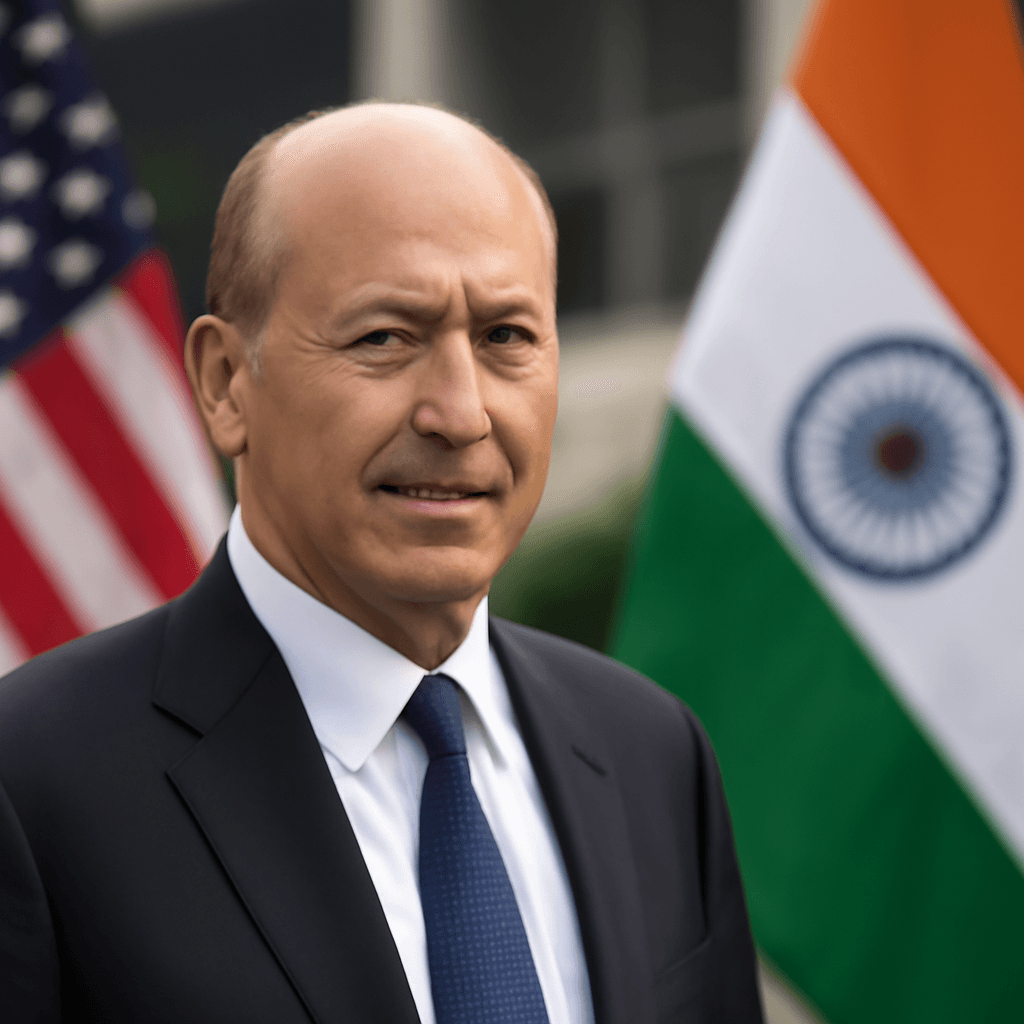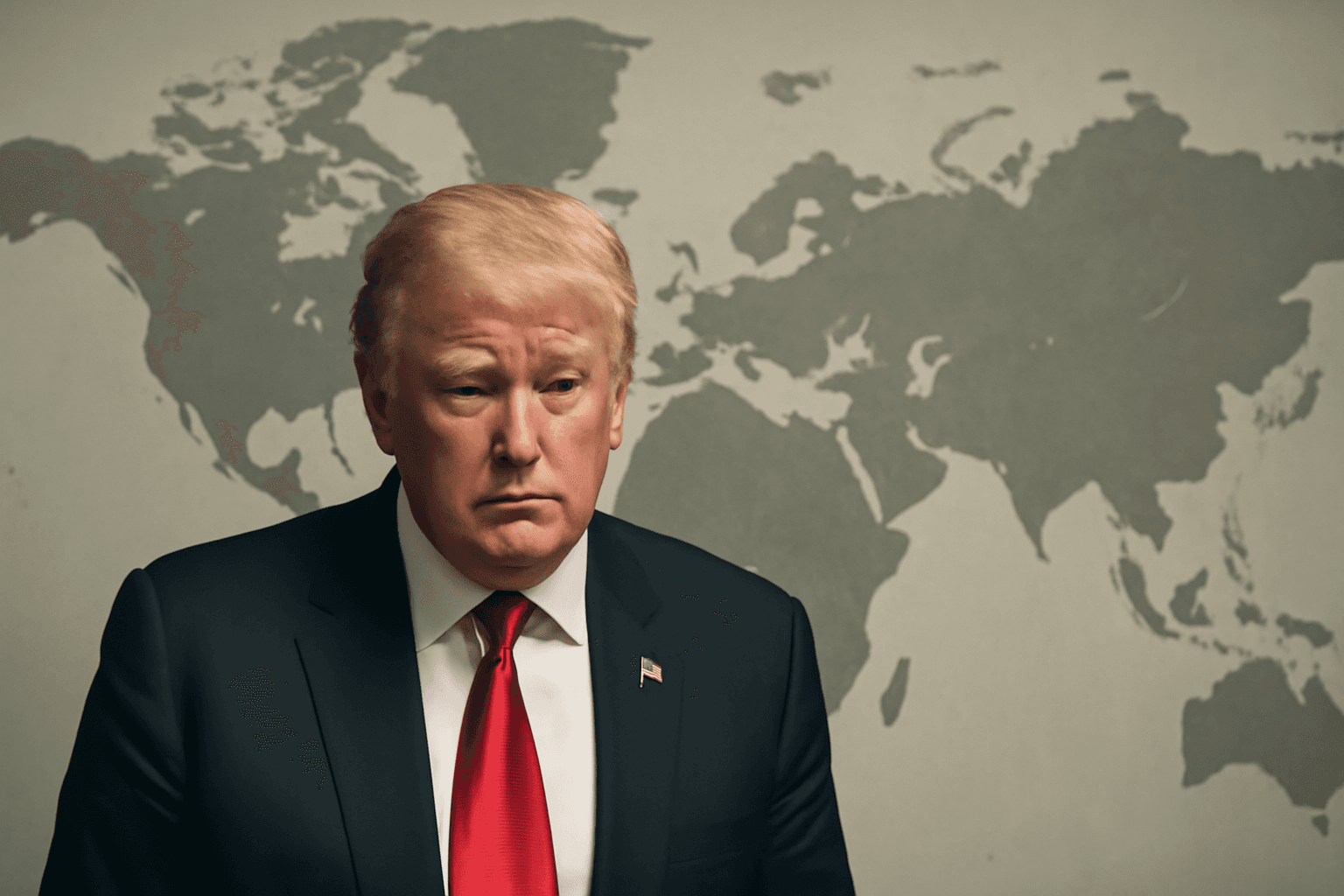India's ongoing trade negotiations with the United States are approaching a critical phase, with Commerce Minister Piyush Goyal scheduled to meet export promotion councils (EPCs) on Tuesday. Meanwhile, a U.S. trade delegation is expected to visit India in June to further discussions, aiming to conclude an interim trade agreement before the 90-day suspension of reciprocal tariffs expires on July 9.
Last week, Goyal led the Indian delegation to Washington and met with U.S. Commerce Secretary Howard Lutnick to propel talks forward. India is pressing for the removal of the 26% reciprocal tariff imposed by the U.S. and seeks duty-free access for labor-intensive exports such as textiles and footwear. Currently, Indian exports face a 10% baseline tariff in the U.S., which may remain unchanged even after the trade agreement is finalized.
Initially, India and the U.S. planned to complete the first phase of a comprehensive bilateral trade deal by autumn 2025. However, both nations now aim to finalize an interim deal by early July, focusing on a limited selection of goods and services. The U.S. is particularly interested in enhanced market access for agricultural products within India.
Despite progress, U.S. concerns persist. Former President Donald Trump recently threatened a 25% tariff on Apple iPhones manufactured in India, underscoring sensitivities about protecting American manufacturing interests. Trump's remarks included discouraging Apple from expanding production in India except to serve the Indian market.
Furthermore, an April report by the U.S. Office of the United States Trade Representative criticized Indian trade barriers, such as localized internet shutdowns affecting commerce and stringent regulations requiring dairy products to come from animals not fed with blood meal. The report also noted India's requirements for genetically modified-free certifications on certain imports lacked a scientific basis, potentially complicating trade.
The report highlighted concerns about India's intellectual property regime, particularly the absence of specific laws protecting trade secrets and extended wait times for patent approvals. Such issues contributed to India's placement on the U.S. Priority Watch List, reflecting Washington's apprehension about India's trade policies.
Trade between India and the U.S. remains significant, with bilateral merchandise trade valued at $131.84 billion in 2024–25. The U.S. accounts for approximately 18% of India's goods exports and 6.22% of imports, constituting around 10.73% of total Indian merchandise trade. Notably, India has maintained a sizable trade surplus with the U.S., which reached $41.18 billion in 2024–25.
As both countries endeavor to strengthen economic ties, the upcoming talks and the interim agreement could set the foundation for more comprehensive trade cooperation, balancing market access demands with strategic economic interests.
Ravi Dutta Mishra is a Principal Correspondent with The Indian Express covering trade, commerce, and banking policy.

